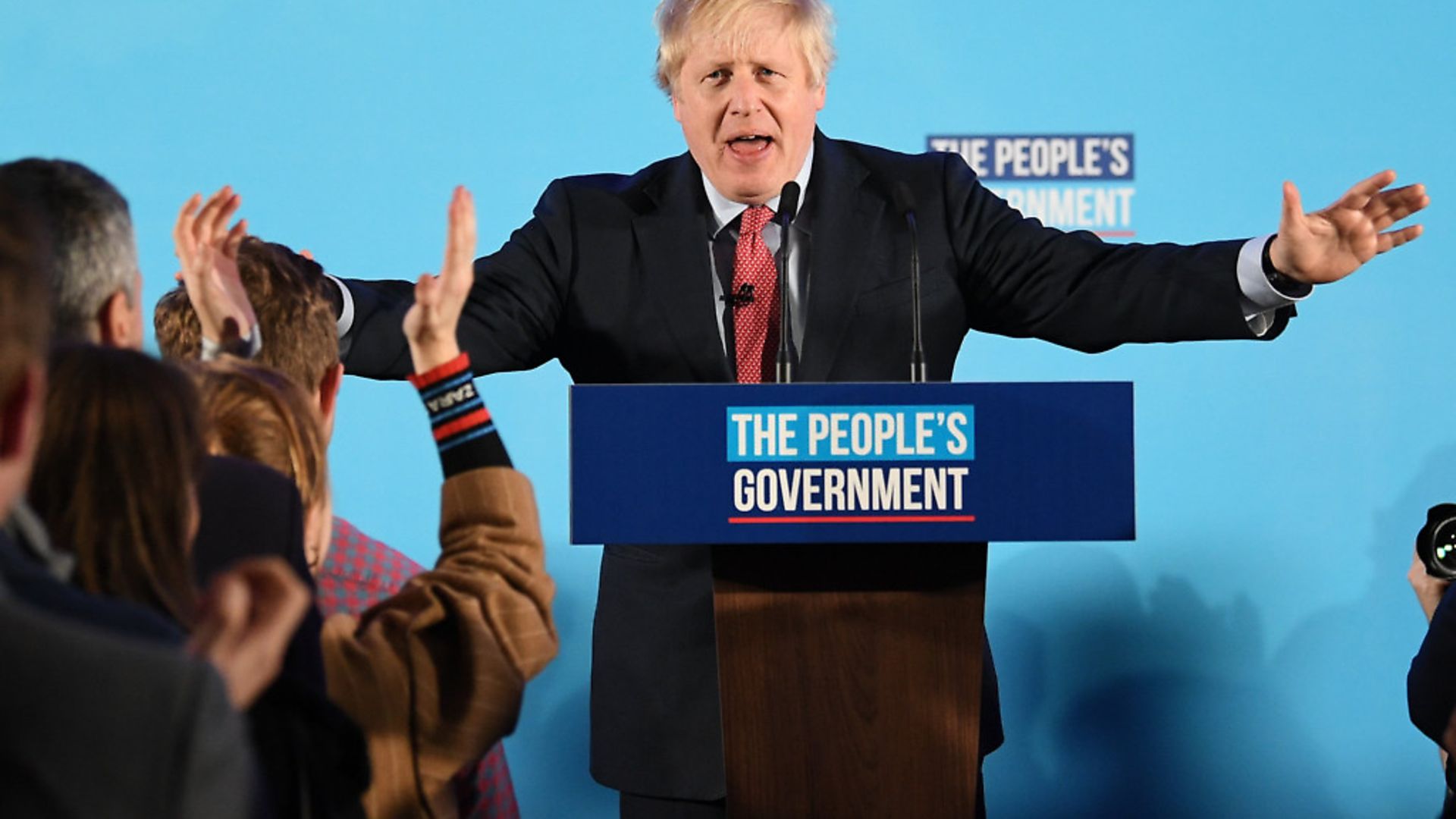
Fresh polling has shown that more people believe Boris Johnson tells the truth now than when the election was called.
The Ipsos MORI survey found that the number of voters who believe Boris Johnson is truthful all or most of the time has shot up by nine percentage points, from 22% in October to 31% in June.
However, a higher portion of people – 39% – think he either regularly or always fails to tell the truth, down from 48% in October.
Despite the positive numbers, slightly more, 33%, say Labour leader Sir Keir Starmer is often likely to give an unfettered account of things than the prime minister while fewer think he is prone to lying (19%). That is better than Jeremy Corbyn who 19% of respondents ranked as being up-front most of the time.
Local MPs remain the most trusted compared with MPs more generally with a third of respondents believing their representative tells it as it is regularly. Only 21% think government minister do while 40% think they rarely or ever do.
Gideon Skinner, head of political research at Ipsos MORI, said the figures show a ‘rallying-around affect’ following the outbreak of the coronavirus.
‘There is confidence in many public services to respond to the pandemic, and the public seems to be feeling more positive about MPs now, too. However, there is little room for complacency,’ he said.
The company suggests Britons on a whole are placing more faith in politicians. In fact, one in five (19%) people aged 18-75 think MPs in general tell the truth most or all of the time, up from 11% last October, according to the online poll taken by 1,241 British adults between May 29 and June 3.
Unsurprisingly, little over half (54%) of 2019 Tory voters trust Johnson to tell the truth time and time again, and the exact same proportion of 2019 Labour voters feel the same about the current Labour leader.
Almost half of Remain voters (47%) think Starmer is often forthright, but only 21% think the same of the prime minister.
‘It should be noted,’ Skinner said, ‘that the last measure in October was in the midst of divisions over Brexit which may have impacted the public’s views of politicians (we saw a fall in the ratings of politicians in Ipsos MORI’s regular Veracity Index that year).’
‘Further, there remains cynicism towards politics generally – Britons are less likely to believe that the coronavirus will lead to changes in the way we are governed than in other aspects of our society,’ he added.
Warning: Illegal string offset 'link_id' in /mnt/storage/stage/www/wp-includes/bookmark.php on line 357
Notice: Trying to get property 'link_id' of non-object in /mnt/storage/stage/www/wp-includes/bookmark.php on line 37






